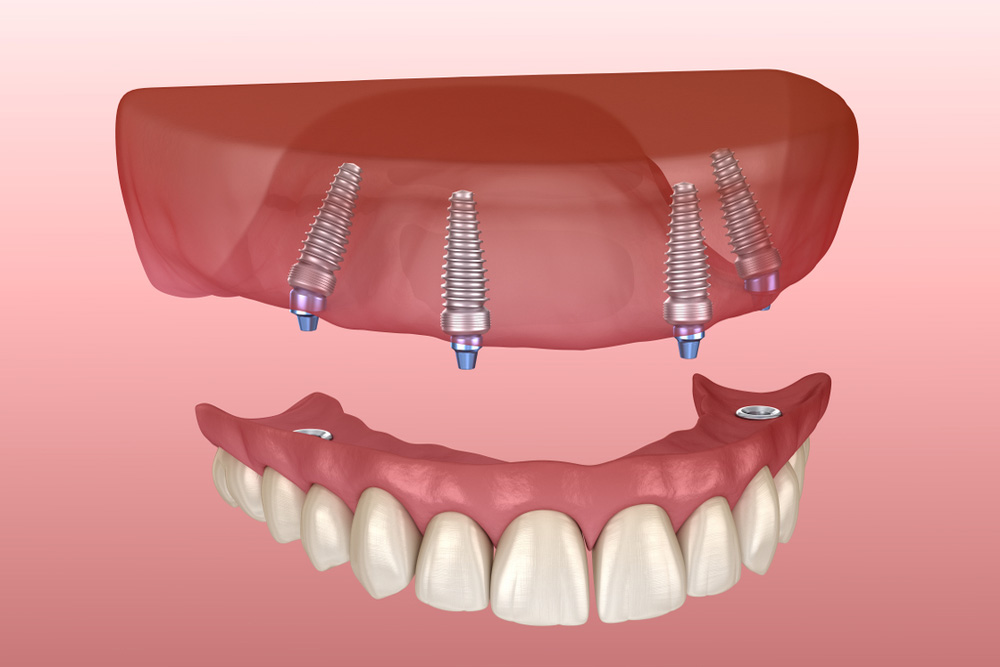
The CDC estimates that by age 17, about 8% of Americans will have lost at least a permanent tooth due to decay. And by the time Americans reach 50, on average, they will have lost more than ten teeth, which includes wisdom teeth. One of the common treatments available for missing teeth is implant Chesterfield. Apart from tooth decay, you may also require dental implants because you have a damaged or missing tooth because of injury or periodontal illness. Dental implants can be used instead of dentures or bridges.
Your dentist will consider you the right candidate for implants if your oral and general health is excellent, you have sufficient jawbone volume for supporting implants, and you have healthy gum tissues.
Subsequently, below are ways an implant is stronger and better than your natural tooth.
Last longer
The artificial tooth root and tooth that is called a dental implant is a permanent tooth replacement solution. Implants can last more than 20 years or throughout your life because they are made using durable metals like titanium and are installed directly into the jawbone to bond with the adjacent tissues.
However, the crown attached to the artificial tooth root may require replacement after about ten years.
You can help your implant to work effectively throughout your lifetime by maintaining healthy oral hygiene. Thus, your dentist will demand you regularly brush, floss, and go for routine dental checkups.
Do not decay
Naturally, your tooth has a hard, glossy material called enamel that shields its sensitive internal structures. When you do not observe healthy oral hygiene practices, there is a build-up of plaque in your mouth that encourages the thriving of harmful bacteria.
The dangerous bacteria rely on the sugar in the plaque to produce energy. Consequently, the bacteria release acid that often gradually attacks and damages the enamel layer of your teeth, which makes your teeth more prone to infections and decay.
On the other hand, implants are made using durable metal, so they cannot rust, decay, or get cavities. Still, your implants may contribute to an infection if you do not observe best practices for achieving healthy gums and teeth.
Without rinsing your mouth with mouthwash, brushing your teeth, flossing, and visiting your dentist regularly, you expose your implants and mouth to plaque accumulation and bacteria attack.
Less prone to breakage
Because of the durable metal used for making implants, they are difficult to break or crack. Therefore, a dental implant can help protect your teeth if you excessively grind or clench your teeth or jaw when awake or during sleep.
You may have a cracked or broken tooth because you chew hard foods, grind your teeth while asleep, and use your teeth as tools. An implant can protect your teeth from destructive oral habits like nail biting, ice chewing, and using your teeth to hold or open objects.
As replacement tooth roots, implants have several advantages, including promoting an improved look and feel of your teeth, providing no hindrance that can impair your speech, better chewing, and being highly durable. For instance, your implants can improve your self-confidence and esteem since your smile feels more natural and becomes more attractive.
Contact Chesterfield Dentistry today to schedule an appointment with a dental implant specialist.
